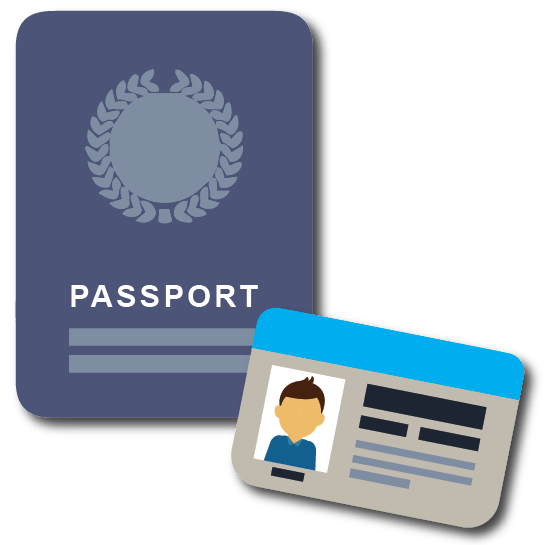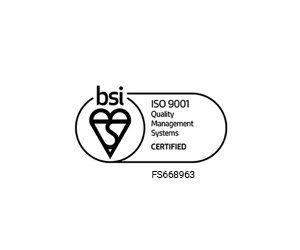The benefits and importance of Document Verification
October 31, 2019
This is a case study from the King’s College Hospital NHS Foundation Trust.
King’s College Hospital NHS Foundation Trust is one of London's largest and busiest teaching hospitals. The Trust employs staff from 120 countries with a range of diverse backgrounds. On average there are 150 new starters each month, all of whom need to be consistently checked in line with the NHS Employers employment check standards.
Before using scanning equipment and software, the Trust relied on recruitment administrators to visually inspect identity documents such as passports and driving licenses. This process depended on individual experience to detect anything suspicious. The trust deemed this to be very risky, particularly given the sophistication by which fraudulent documents are now made.
As the Home Office continues to tighten up on immigration and organisations face increasingly large fines for employing an illegal worker, in 2015 the Trust decided to tighten up its ID-checking procedures and retrospectively check 6,000 staff that were recruited prior to the implementation of the ID verification technology in 2009.
Before carrying out the checks, the trust sought legal advice and developed a comprehensive communications strategy including a factsheet with FAQs. It was crucial to get this right from the outset to ensure staff fully understood the rationale for the checks, the benefits for the organisation, the process that would follow and when their checks would take place.
The main scanner uses a variety of light sources to carry out checks to verify the documents produced are genuine and highlight any potential discrepancies. The Trust also used a portable system at remote sites. The new scanner meant that administrators no longer had the burden of checking documents. As part of the package staff were trained to deal with situations where false documents are suspected and subsequent local investigations need to take place. If a problem is detected the system automatically stores a copy of the document, allowing the originals to be handed back to the individual. The administrator can then get in touch with the provider and request a full report on the document which will outline any discrepancies found in the document or refer the matter to the Counter Fraud Team. There are a number of systems available on the market, but generally each cost between £5,000 and £10,000 for a three year contract.
After 12 months 92% of staff where checked successfully and a significant decline was seen in the number of individuals presenting false documents. During the 12 month period, 500 staff voluntarily resigned before having their documents checked. The trust did however identify two members of staff working under false documents, one of whom had been working for the Trust since 1997. Financial recovery of over £105,000 was achieved as a result of the project which led to a return on investment of over 400%. The use of the scanner and software has transformed the Trusts ID checking element of the recruitment process and in 2016 won the Government Counter Fraud Award.
The staff at Security and Fraud Experts knows how important Document Verification is, which is why we run interactive training sessions to assists HR/recruitment teams and recruiting managers in identifying and reporting fraudulent identity documents, protecting your organisation from the risk of civil penalties or criminal charges for employing illegal workers. For more information on this training course can be viewed under the Services section of our website.
Share this news story...

As fraud risks continue to evolve, staying informed and vigilant is more important than ever. This summer, SAFE is proud to launch a comprehensive Fraud Awareness Webinar Series designed to equip our clients and the wider healthcare community with the knowledge and tools to detect, prevent, and respond to fraud effectively. Why Attend? Fraud is a growing threat that impacts organisations across all industries. Our expert-led webinars will cover a range of timely topics, including mandate fraud, imposter fraud, the fraud triangle and the benefits of early intervention.

When Sarah Whitaker approached an introductory care agency to find a carer for her 89 year old father she expected they would refer a suitably qualified and professional carer. Instead, Sarah was 'horrified' to discover that an unqualified imposter had been in her fathers home for almost three weeks! Unfortunately Sarah's story, reported by Sky News , is not as uncommon as one might expect. In January 2024, a man admitted impersonating a nurse and accessing resuscitation and children's areas at a hospital in Glasgow (BBC News) . SAFE has experience of dealing with a number of similar cases where an unqualified imposter had been found to be working in place of the qualified professional that was expected.




